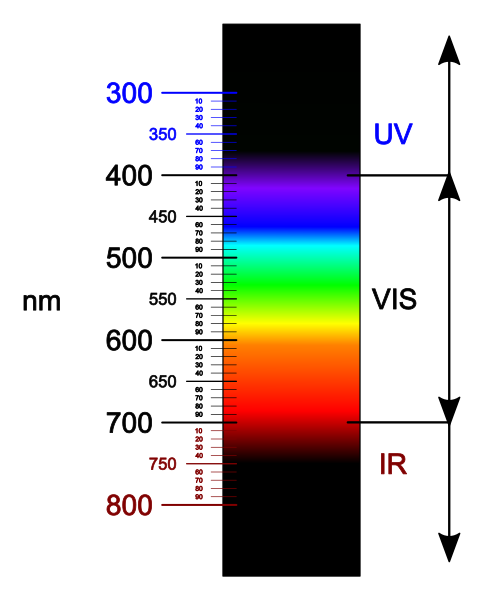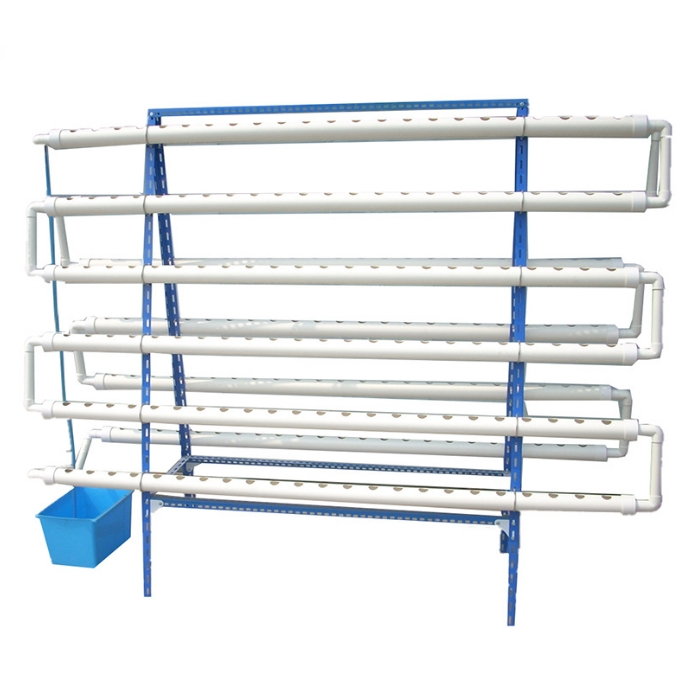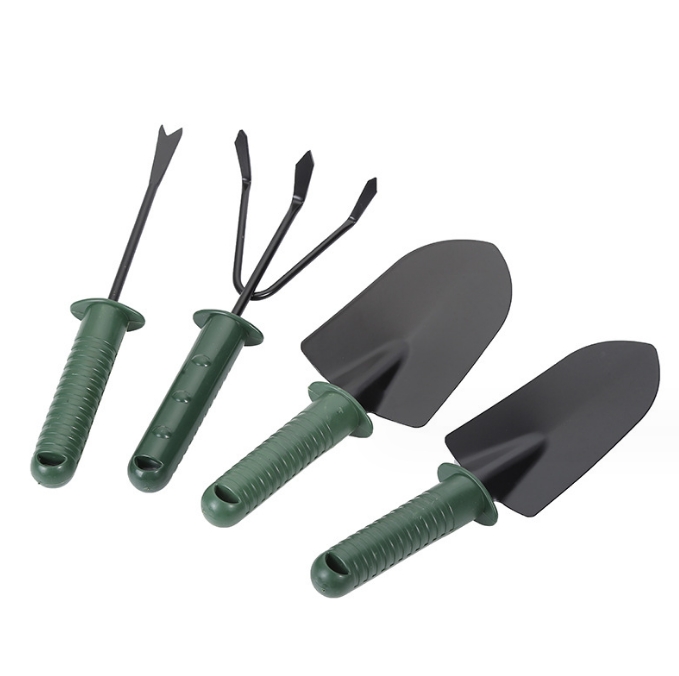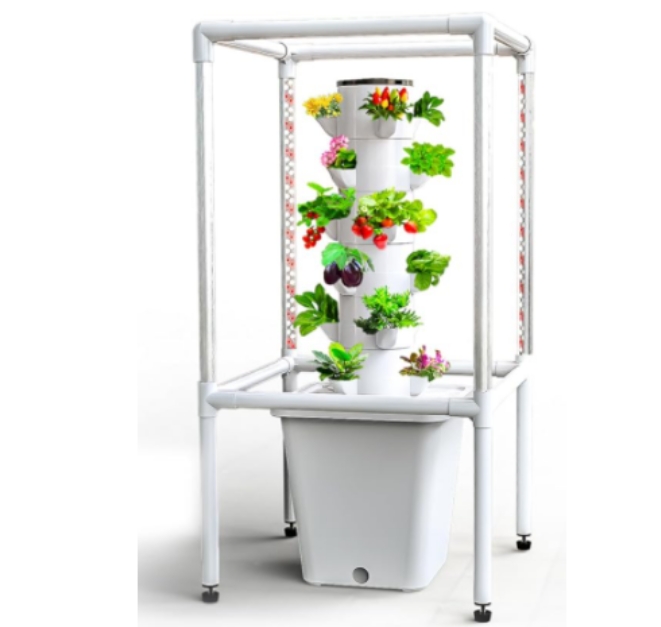Do plants need a UV light?
If your plants aren’t performing at the highest level and you’re thinking you can get more out of your plants, consider adding UV lighting to your grow space (or at very least use a light that already produces it!). Understanding UV light requires us to get into lighting for indoor growing in general. If you use your lights correctly and you’re able to add UV lighting into the tent you can vastly increase your yields and potency. Let’s take a look at lighting and see how adding UV light can improve the health of your plants.
What is grow lighting?
Grow lighting is a crucial part of any grow space. Sunlight is the primary way plants are able to go through the process of photosynthesis and without proper light, most plants would wither quickly. Yet, lighting is not so simple as plants use different colorations of light during different stages of growth. Dozens of studies have shown that blue light impacts the speed of foliage growth and stunts stem elongation, while red light speeds up growth, develops buds, flowers, and sugars, and encourages rapid upward direction.
There are a number of different types of grow lights – High Intensity Discharge (HID) bulbs including High Pressure Sodium (HPS) and Metal Halide (MH), which are the most popular HID bulbs. Light Emitting Diodes (LEDs) are another popular option, quickly overtaking HID systems in popularity because of their flexibility, their energy efficiency, their lifespan, the ease of use, even their electricity. Finally, there are T5 Fluorescent bulbs that are excellent for low light situations like tropical forest flowers or seedlings. Plants that produce flowers, vegetables, or fruit all require more light and supplemental light like UV lighting is a great option for these plants because of the positive effects UV can have on fruiting efficiency.
What is UV light?
UV stands for ultra-violet, a part of the light spectrum “below” (meaning having a smaller wavelength) the visible spectrum. If you view the light spectrum, we can see it is measured in “nm” (nanometers). This measurement is calculated from the peak to the trough of a wavelength; we see it as a specific color but it has other properties, too. Different wavelengths of light can pass through the thicket objects, enough of it can cause water to boil, and it can encourage the production of important amino acids in plants and humans. Ultraviolet light actually can be further categorized into three categories: UV-A, UV-B, and UV-C, each of these has a different impact on a plant.
UV-A is a long-wave light and appears purple and causes proteins to glow beneath it. UV-A helps develop thicker leaves and when used with red light plants are able to balance growth and stretching and encourages higher potency in cannabis.
UV-B is what is called “ionizing” light so it can be dangerous to human skin and to plants but also encourages humans to produce vitamin D. While it can damage the cells, in small doses it can help sustain life on earth.
UV-C is an even shorter wavelength than UV-C and also causes damage to human skin and health. There is not much UV-C radiation on Earth because of its atmosphere (short wavelengths do not penetrate the ozone) and we don’t have much reason to concern ourselves with it.
Source: Wikipedia
What are the benefits and drawbacks of adding UV?
Benefits Drawbacks
Increases THC production and cannabinoid levels It is easy to give too much UV lighting, which can kill a plant
Helps improve plant resilience You must tailor the lighting to each individual plant as each plant has different needs
When should you add UV light to your grow space?
You should add UV lighting when you don’t have full-spectrum lighting or your lights are simply not operating at a high level. A full spectrum light is a light that is supposed to produce the entire spectrum of visible light – for plants, however, the light intensity is the crucial consideration. Full spectrum can help improve coverage and intensity.
UV lighting should be used supplementally at a distance, especially if you add UV-B to your space. You should be able to control the light intensity and distance and timing to ensure your plants stay healthy and safe as you use the UV light. Indeed, there are some LED grow lights that include UV lighting and these are great products that are pretty much guaranteed to improve your plant health. Be sure to follow the instructions about these light fixtures because adding UV to your grow can have some impacts that might be unexpected. That said, adding a UV can still be helpful even if you have a full-spectrum fixture.
If you have any questions, please don’t hesitate to reach out to us!
And be sure to check out our other blog posts for useful tips on becoming a great grower!






